Looking at the contribution of Abdul Gaffar Chowdhury and the campaign for language learning in the East End. An unlikely story of how he and I came together. With a possible way forward in restoring the Community Language Service.
A Death in London
“আমি কি ভুলিতে পারি।” – “Can I ever forget it?”
A G Chowdhury – Ekusher Gan
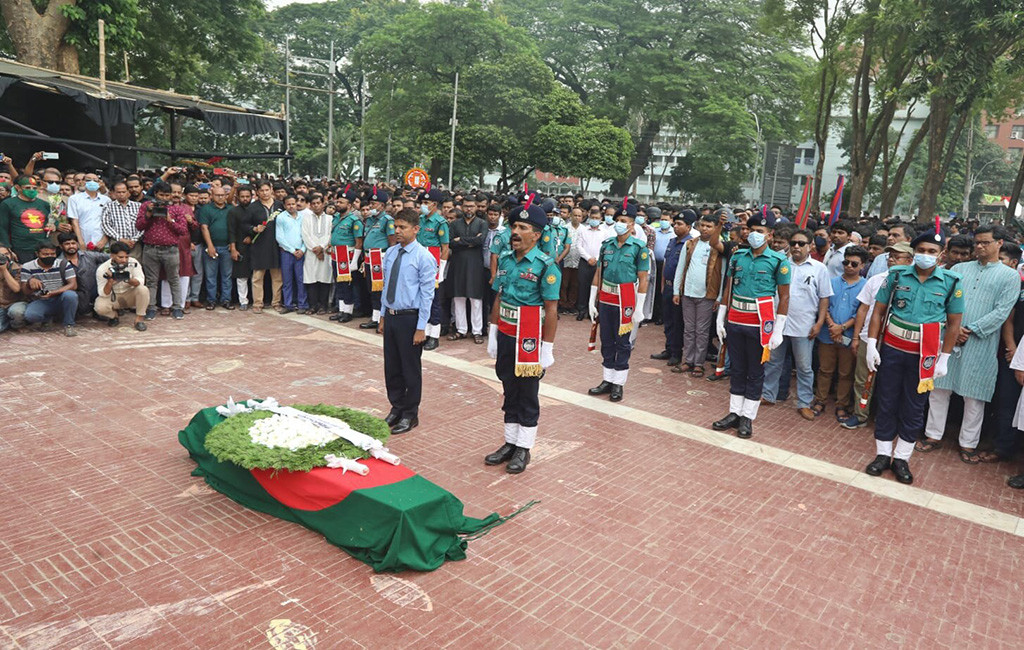
On the 19th of May 2022, columnist and lyricist Abdul Gaffar Chowdhury passed away in a London hospital from a cardiac arrest. Subsequent;y he was flown to Bangladesh and given a state burial in a cemetery in Dhaka, after a state parade and guard of honour were arranged for him, with a Government minister present.
He rose to fame first by penning the famous poem in 1952 then turned into lyrics ‘Ekusher Gan‘ (Song of the 21st) turned into music by the musician Abdul Latif. After independence in 1971, he moved to London. Known for his fiery and controversial columns, for example calling Sylhetis in the United Kingdom, country bumpkins or ‘Langol to London‘ (from ploughshares to London).
To put it mildly, I did not share all his views. We came from different political and cultural trajectories however somehow we found ourselves working together on the same campaign, the campaign to save the Community Language Service in Tower Hamlets, from 2018 to 2020.
On the 13th of January 2020, AG Chowdhury, published a scathing attack on the Labour lead Tower Hamlets Council, in an editorial at the Independent Newspaper in Bangladesh. In the column he outlined the history of the service, framing it as a basic universal human right. However, in that same column, he outlined what he perceived history of betrayal by the local Labour Party, the marked difference in rhetoric and practice in its treatment of minority communities.
“Puru Miah, a Bengali councillor, protested against John Biggs’ anti-community politics. He was suspended for three months”.
Abdul Ghaffar Chowdhury – ‘The Struggle for Mother Tongue Continues’ – Independent Newspaper (Bangladesh) 16/02/2020
Different Streams Coming Together for a Common Cause
“The river has its everyday work to do and hastens through fields and hamlets; yet its incessant stream winds towards the washing of thy feet.”
Rabindranath Tagore – Gitanjali, Poem No.75
Two people from different backgrounds, how did we come together?
Bengal is a riverine province, meaning it is the delta where the two largest rivers of the Indian Subcontinent meet, with all their various tributaries meet. Occasionally an earthquake would occur, changing the courses of rivers as what happened with the Brahmaputra and Jamuna Rivers in the 18th century or the silting up and canals being cut diverting rivers as which happened with the Hoogly River near Culcutta. However, all the rivers will in unison, coordinate with the Monsoon Season rise leaving a rich alluvial residue. A creative act of nature, making Bengal one of the most fertile agricultural areas of the world, self-sufficient in protein and grain.
Just like the rivers in Bengal, A G Chowdhury and I come from different cultural and political trajectories but found ourselves united in defending the existence of the Community Language Service in Tower Hamlets. I hail from the frontier of the North Indian Muslim cultural milieu, Sylhet, the ‘North East Frontier’. A civilisation manifesting itself in the Subcontinent via the monuments and institutions that lie along the Mughal Grand Trunk Road, starting at Peshawar in the mountains of the North-West Frontier, and finishing in the river delta plains of Bengal. It is personified in pre and post-independent Bangladesh, through the soulful revolutionary figure of Moulana Bhashani, hailing from Assam, famously known as the ‘Red Mao-Lana’.
“’Look! Brahmins and chumars, bankers and tinkers, barbers and bunnias, pilgrims and potters—all the world going and coming. It is to me as a river from which I am withdrawn like a log after a flood.’ And truly the Grand Trunk Road is a wonderful spectacle.”
Rudyard Kipling
A G Chowdhury had a similar but different trajectory, this time along the railway line constructed by the British, starting in 1885 in Bombay to Culcutta via the Indian National Congress through to the Awami League politics of pre and post-independence Bangladesh, Dhaka. With the laïcité influence of the University of Moscow and Republican France.
A G Chowdhury and I combined with others from the various trajectories in the Bangladeshi community came together. It was an issue that united the Bangladeshi community in East London. But not just the Bangladeshi community, but also Lithuanian, Spanish Speaking, and Chinese Communities.

The Community Language Service in Tower Hamlets – Are they all Lutfur Rahman’s?
For me, involvement in the campaign to save the Community Language Service started from a budget briefing in 2018 we all had councillors. When one of the councillors in the room shouted, that the service should be cut as it was a failed service, ‘full of Lutfur Rahman supporters’. I was taken aback by the comment and cautioned in my comments that as far as I can see, the service is an anti-poverty measure. It should be seen more akin to the ‘Every Child a Musician Program’ in Newham, which was very popular with parents.
Is the service really full of Lutfur Rahman supporters? I decided to investigate.
What I found was the exact opposite. At the Chrisp Street Idea Store, found a service managed by long term members of the Labour Party. It was a service that added enrichment to children, most of whom grew up in poverty. Giving them that confidence, through proficiency in the languages spoken at home, the added confidence to excel in all their subjects at school. I found a similar experience, talking to a Spanish speaking parent who took his daughter to the Spanish language school at the idea store in Whitechapel. Again no signs of any Lutfur Rahman supporters there.
Forcing the debate: Bread and Roses
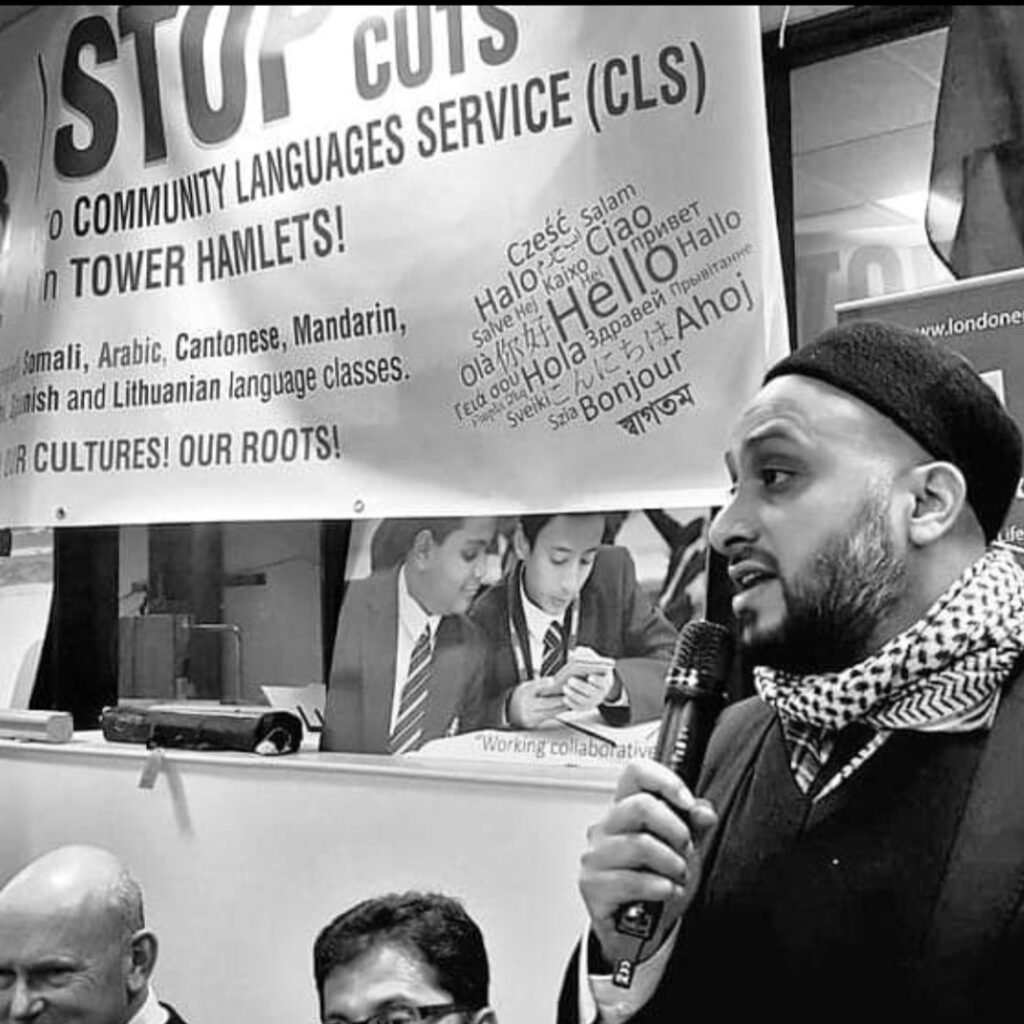
“Small art and love and beauty
Their drudging spirits knew
Yes, it is bread we fight for
But we fight for roses too”
Bread and Roses
As the campaign heated up to save the service in the streets of Tower Hamlets, debate within the Council was shut down by the Mayor encouraged by members of his cabinet. Having no choice, with a careful reading of the rules governing Labour Councillors. I and Cllr Gabriela decided to force a debate, leaving the Mayor and his supporters no choice but to publish an unprecedented statement at the Budget Meeting of 2019, promising a review.
For forcing the debate and review. Gabi and I were suspended according to newspaper reports as Labour councillors. I am eternally indebted to the then councillors, Cllr Shad Chowdhury, Cllr Shah Ameen and Cllr Abdul Mukit Chunu for their vocal opposition to our suspension at that meeting. Other councillors were in tears, silently traumatised at our treatment at the meeting by the Mayor and his supporters.
A key witness who would have proved our innocence was excused from attending the meeting by the Mayor and his supporters. A 21st century East End adaptation of an ‘A Passage to India’, where the key witness to Aziz’s innocence, Mrs Moore is whisked off out of India. An attempt to prevent his acquittal and subsequent embarrassment of the authorities.
According to newspaper reports in the Bangla media, we were both innocents of any wrongdoing, as per testimony by a witness, a senior member of the local Labour Party. We both decided to appeal our decision, to the London Labour Party, who concluded that the Mayor and his Labour councillors were at fault in their handling of the issue.
In hindsight, it was a Pyrrhic victory. Despite the published statement, the Tower Hamlets Council decided to go ahead in dismantling the service. Led to further protests and a fractious budget meeting in 2020, with heckling from protesters in the gallery and scathing media reports both in the United Kingdom and Bangladesh.
The above affair irreparably damaged the bond of trust between minority communities and the TH Labour. A fact acknowledged in the manifesto of 2022, with a promise to restore the Community Language Service. Given the recent landslide defeat at the hand of the Aspire Party, a case of too little too late.
“I think everyone fails, but there are so many kinds of failure.”
E.M. Forster – ‘A Passage to India’
What went wrong? : Labour Don’t Get the #Endz Bruv
“The working class did not rise like the sun at an appointed time. It was present at its own making.”
E.P. Thompson
Looking back at the debate within TH Labour around the Community Language Service, there was a clear disconnect between realities on the ground and their thinking on issues. They just did not understand what was happening in Tower Hamlets. They had outmoded thinking more akin to 19th century Victorian framing than anything based on research or modern academic thinking.
The dismantling of the Community Language Service was framed around the idea that communities and cultures were static, living in silos and forced assimilation was required. A mode of thinking that was not in touch with reality. In fact, communities were not living in silos in essential static categories but were dynamic. Each contributes in its own way to creating a distinct culture in the East End, or ‘Creolisation’ A blend of cultures that creates something new, something unexpected, that belongs to none of the cultures that comprise it. Services like the Community Language Service are essential in allowing residents the tools to co-produce and be participants in Creolisation in the East End. But also, give them the tool to participate in a post-Brexit, global economy. Enriching their lives both materially and culturally.
It is a phenomenon not just restricted to the East End, but found in other London boroughs, but also in global cities in the United Kingdom, such as Birmingham and Manchester. But also internationally, in global cities such as Paris, New York and Dubai. Communities from throughout the world, are forced into geographic areas by the forces of global capital. Creating their own unique Creole culture to make sense of and cope with all the contradictions of inequalities and uneven development.
“Hearts starve as well as bodies
Bread and roses, bread and roses”
Bread and Roses
Remembering A G Chowdhury: What Next?
There is now a political consensus, both in TH Labour and the Aspire Party for the Community Language Service to be revived. To make any such service epistemological sound and sustainable, it needs to be a co-production in concept, formulation and implementation by the grassroots organisations, practitioners and Tower Hamlets Council. A process is independent of any party’s political interference. A fitting tribute to A G Chowdhury and his contributions to Language movements both in the United Kingdom and Bangladesh.
Looking back at it now, campaigning and getting wrongly suspended for failing to save the Community Language Service was not a defeat after all…
“পরাজিত নই নারী, পরাজিত হয়না কবিরা” – “I ain’t defeated, O Love, poets don’t know how to give in.”
Al Mahmud – Sonali Kabin (The Golden Contract)

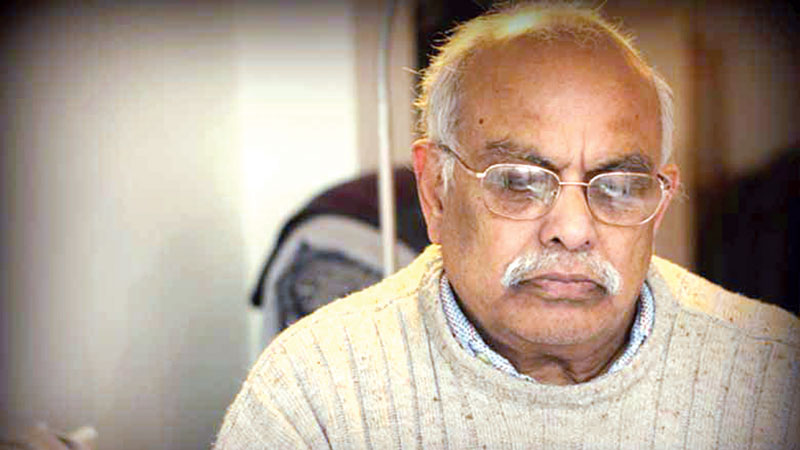
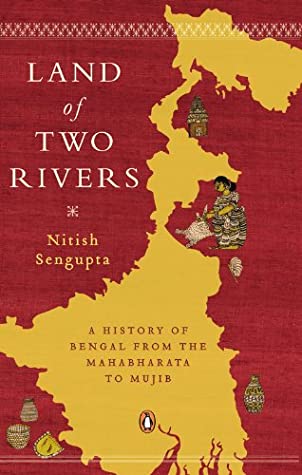
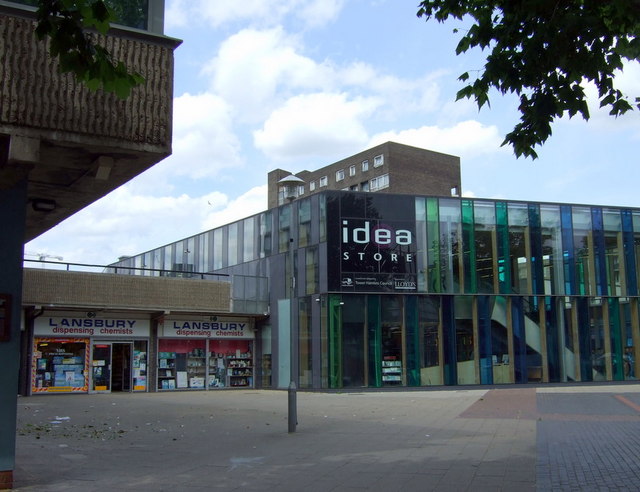
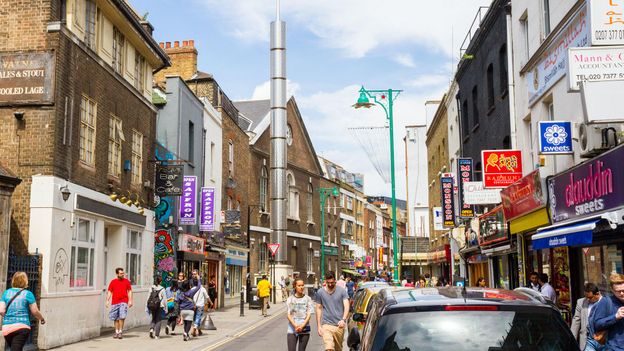
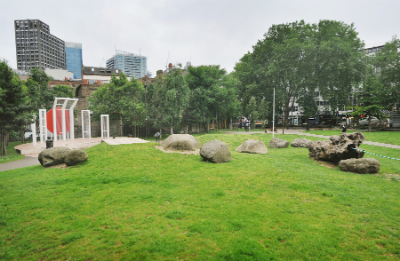
Recent Comments